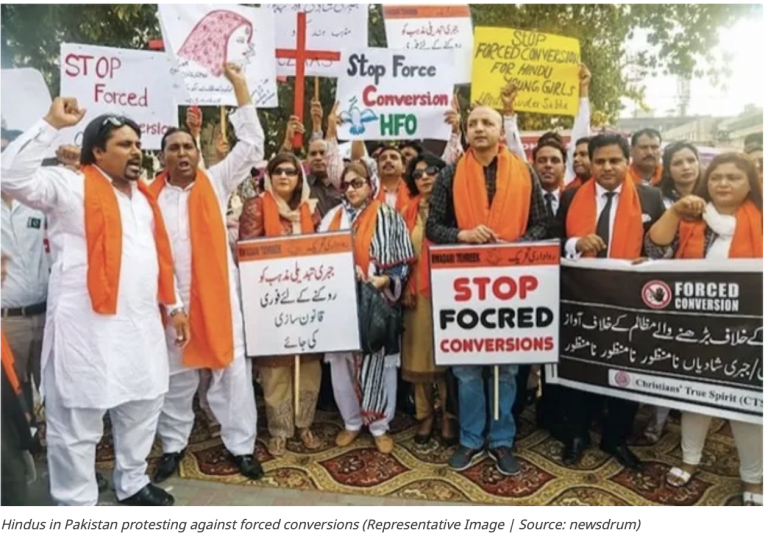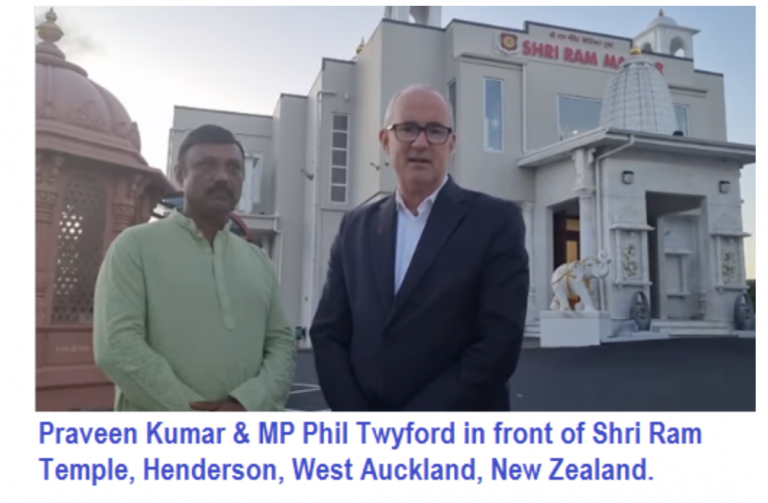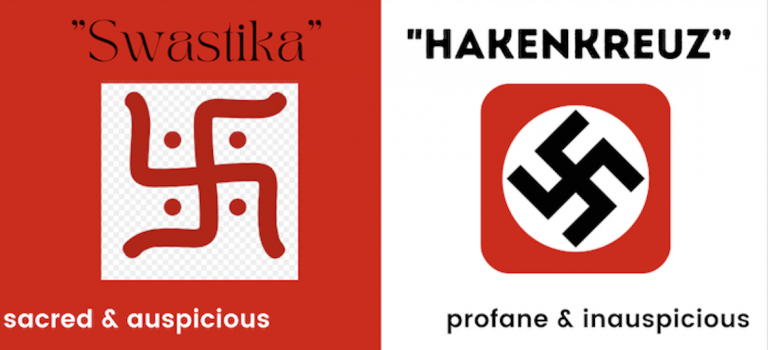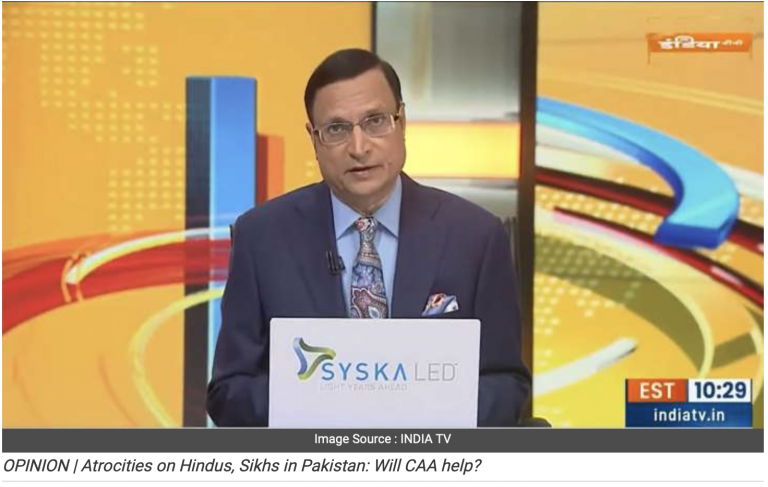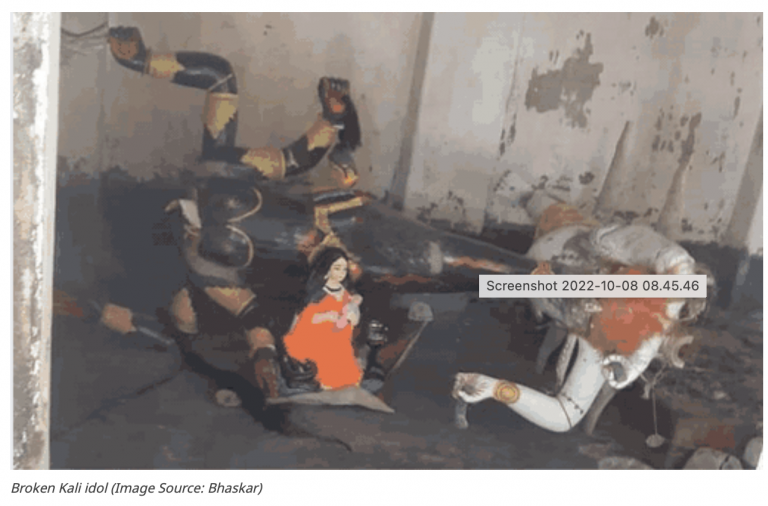Hindutva and The Leicester Disturbances
One year on and baseless cries of “Hindutva” have only grown louder and with them a painful rise in anti-Hindu hate. But where are the woke defenders of this persecuted minority? Why is it that in an age of supposed anti-racism, violent attacks on people who are among this country’s longest-standing victims of race hate, whose ancestors lived under British colonial rule for hundreds of years, draw so little concern?
Dr Chris Allen, a professor known for his Islamist sympathies, writes a ‘hinduphobic’ blog for LSE (London School of Economics) relating to 2022 Leicester disturbances, falsely twisting to blame ‘Hindutva’ allegedly imported from India just before the inquiry report is due. Is this an attempt by Dr Allen and LSE to influence the outcome of the official inquiry?
In the realm of academia, where the pursuit of knowledge and the exchange of ideas are paramount, instances that blur the line between scholarly discourse and ideological bias warrant a critical examination. The case in point is Dr. Chris Allen, a professor renowned for his proclivity towards Islamist sympathies, whose recent contribution to the London School of Economics’ blog has ignited a fervent debate concerning objectivity, veracity, and the boundaries of responsible scholarship.
In this incendiary blog post, Dr. Allen wades into the tumultuous waters of the 2022 Leicester disturbances, a contentious episode that remains fresh in public memory. However, what raises eyebrows and incites controversy is not merely his engagement with the topic but the distinct ideological lens through which he chooses to view and present it. Dr. Allen’s piece can be characterised as “hinduphobic,” a term coined to describe a bias against Hinduism, its adherents, or, in this instance, those associated with the Hindutva movement.
At the heart of Dr. Allen’s argument lies a bold assertion that seeks to assign blame for the Leicester disturbances to an allegedly imported brand of Hindu nationalism from India, popularly known as Hindutva. The striking element of this claim is not its existence but rather the absence of concrete evidence to substantiate it. Leicester police, just prior to the release of the official inquiry report, found no substantial evidence linking the disturbances to Hindutva ideology. This dearth of empirical validation raises pertinent questions about the basis upon which such a sweeping accusation has been made.
The question that naturally arises is whether Dr. Allen’s blog post constitutes a sincere scholarly endeavour or if it veers perilously close to an attempt to influence the forthcoming official inquiry. The timing of his piece, released just prior to the inquiry report’s publication, lends credence to concerns regarding its potentially manipulative intent. In the realm of academic ethics, the line between intellectual exploration and a propagandistic agenda must be vigilantly upheld.
Academics are expected to exhibit an unwavering commitment to impartiality and the rigorous application of empirical evidence. While dissenting perspectives are an indispensable part of the academic discourse, they must be predicated upon substantiated claims and a genuine commitment to the pursuit of truth. Dr. Allen’s blog, however, raises apprehensions about whether it has veered away from these hallowed principles.
In a world increasingly polarised by ideological battles, it becomes all the more crucial to safeguard the sanctity of scholarly endeavours. Engaging in responsible discourse, rooted in rigorous research and evidence-based arguments, should remain the lodestar guiding academic pursuits. In the case of Dr. Chris Allen’s blog on the Leicester disturbances, the onus is on the discerning reader and the broader academic community to critically evaluate its contents, weigh its claims against the evidence, and uphold the principles of intellectual integrity that underpin the pursuit of knowledge.



